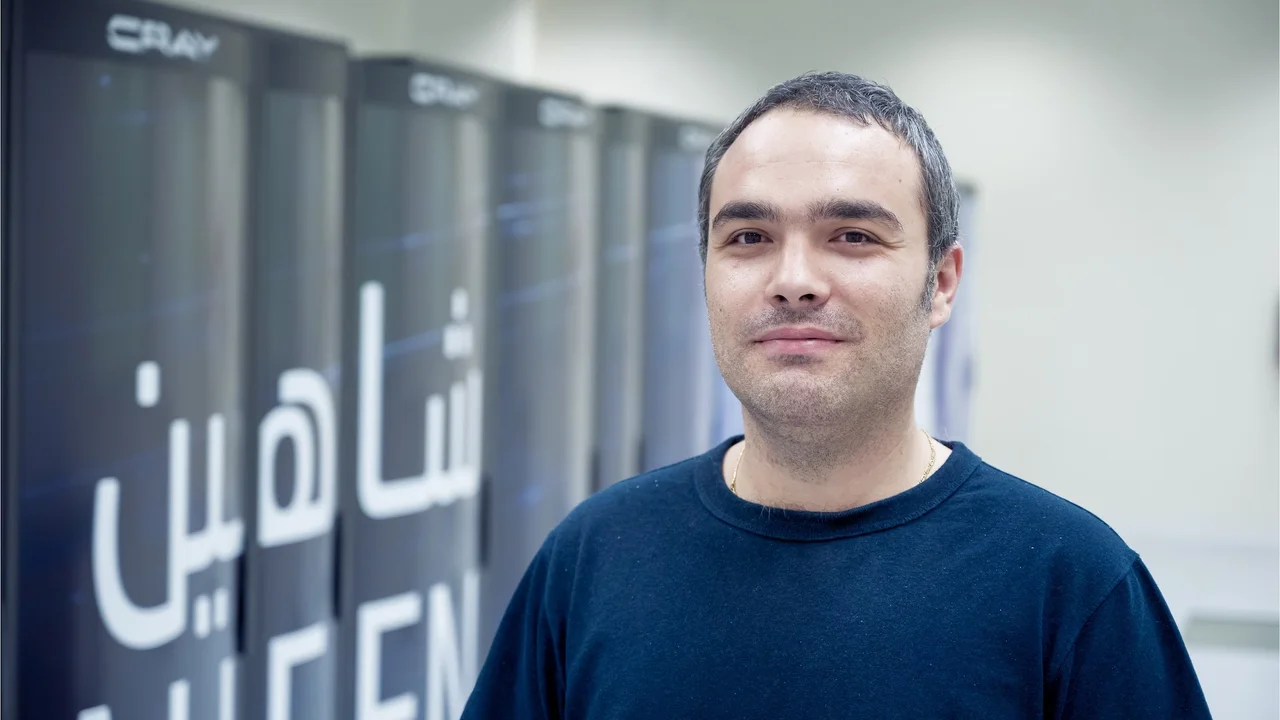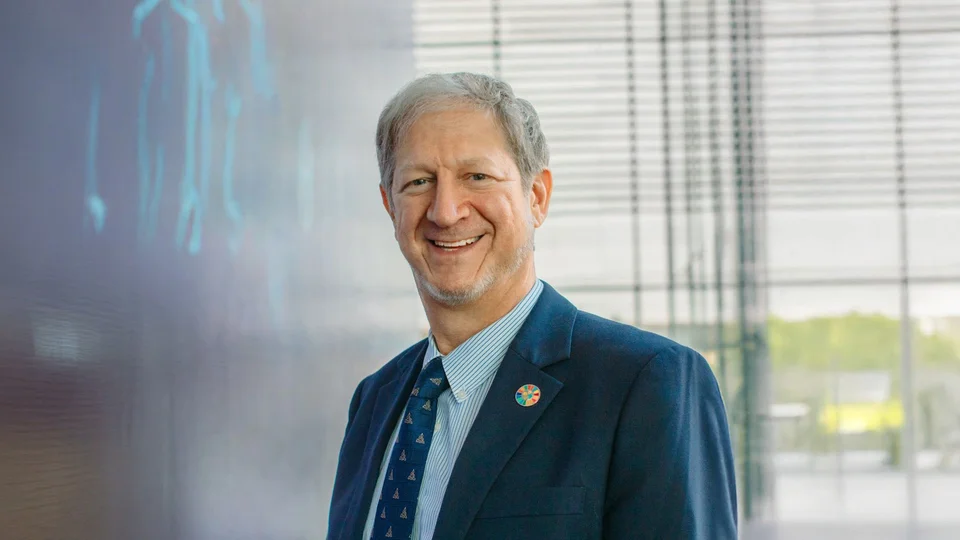
As a computational mathematician and software engineer, Stefano Zampini's work lies at the intersection of numerical analysis, predictive simulations, and high-performance computing, with recent forays into machine learning.
Biography
Stefano Zampini earned his PhD in Computational Mathematics from the University of Milan in 2010. His work mainly focused on non-overlapping domain decomposition preconditioners of the dual-primal type (namely, BDDC and FETI-DP type methods) for solving large and sparse linear systems arising from finite elements discretizations and IsoGeometric Analysis. Before joining KAUST in 2014, he worked for the Italian Supercomputing center CINECA, with a specific interest in optimization and parallelization of oil and gas applications, and for the Italian weather forecast agency.
While a theorist by training, he spent his working career in the design and implementation of algorithms for the simulation of physical applications including electromechanical cardiology, computational fluid dynamics, electromagnetics, geophysics, chemistry, isogeometric analysis, fractional diffusion, and PDE constrained optimization. His contributions to the field of Domain Decomposition have been recognized by two plenary talk invitations at the sesquiannual International Conference on Domain Decomposition Methods.
Research Interests
Dr Zampini research interests revolve around the solution of large scale nonlinear-equations such as those arising in the solution of partial differential equations and optimization problems, He is one of the principal developers of the Portable and Extensible Toolkit for Scientific Computing (PETSc), which is a R&D 100 award-winning massively parallel framework for the solution of large scale nonlinear system of equations. His contributions to the open-source software community for Computational Science and Engineering extends to widely adopted frameworks in the US Department of Energy ecosystem for the numerical solution of partial differential equations, namely the MFEM and deal.II libraries for finite-element based simulations. He is also a member of the HPC technical committee of the CFD software package OpenFOAM.
